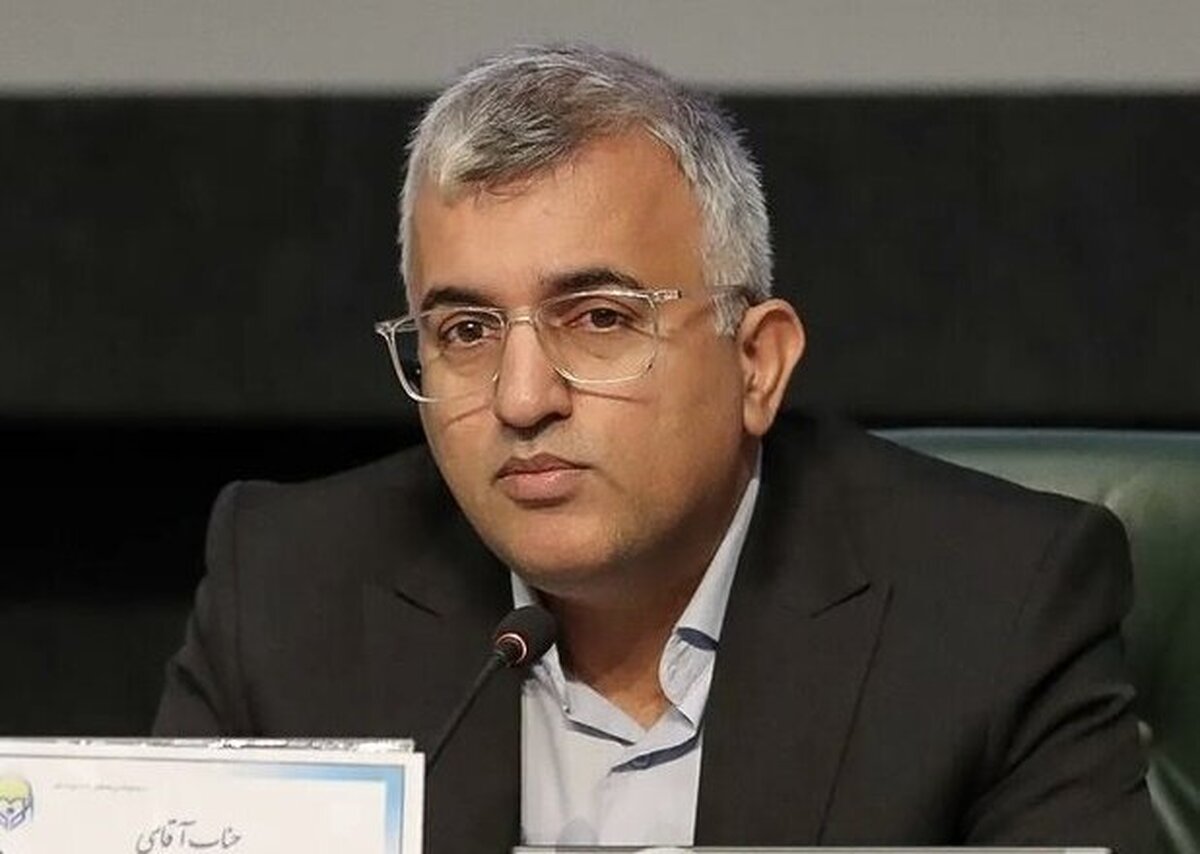
40% Decline in Iran's Trade With Turkey
EghtesadOnline: Iran’s trade with Turkey totaled $5.58 billion in 2019 to register a decrease of 40.09% compared to 2018, data released by the Turkish Statistical Institute show.
Iran exported $3.27 billion worth of goods to Turkey during the period, indicating a 52.81% decline year-on-year, Financial Tribune reported.
Imports stood at $2.31 billion, down 3.22% YOY.
Iran was Turkey’s 19th biggest export destination and 14th biggest exporter of goods to the country during the period under review.
Iran’s exports to Turkey in December alone amounted to $89.85 million, down 76.18% YOY while imports from the neighboring country during the month went up by 14.97% YOY to $210.82 million.
The TSI data do not include the type of commodities exchanged between the two neighboring countries, but those released by the Islamic Republic of Iran Customs Administration on Iran's non-oil trade show liquefied natural gas, non-alloy zinc, aluminum, urea and bitumen were Iran’s main goods exported to Turkey, while Turkey exported mainly cooking bananas, tobacco and fiber during the last Iranian year (March 2018-19).
The embargo imposed by the US on Tehran—a major trading partner of Turkey—has significantly hit Turkey's exports to Iran, Turkish Trade Minister Ruhsar Pekcan told Turkish broadcasters BloombergHT on the sidelines of the 50th World Economic Forum in the Swiss ski resort town of Davos last month.
Pledge to Enhance Ties After New US Sanctions
Nonetheless, Turkey’s government pledged to enhance cooperation with Iran less than two weeks after the United States imposed tougher economic sanctions against Tehran on Jan. 10.
“The Turkish and Iranian governments enjoy close dialogue and will develop their ties in industry, technology and science in particular,” Mustafa Varank, Turkey’s Minister for Industry and Technology, said after meeting his Iran's vice president for science and technology, Sorena Sattari, in Ankara last month.
Sattari said he would join some 80 Iranian companies when they meet their Turkish counterparts at a conference in Istanbul on Wednesday, according to a report by Turkey's state-run Anadolu News Agency.
Turkey and Iran have grown closer under the government of Turkish President Recep Tayyip Erdogan despite a series of US-led economic sanctions against the Islamic Republic. Ties between the two countries came under the microscope in 2017 after a deputy chief executive of Turkey’s state-run Halkbank was put on trial at a New York court and found guilty of helping to evade US sanctions on Iran.
Turkey is a NATO member with historical ties to the West, but Erdogan has sought a more independent and enhanced regional role for the country through better political and trade ties with its neighbors.
Iranian Investments in Turkey
Having purchased a total of 5,423 homes in Turkey, Iranians ranked the second biggest foreign buyers of real estate in the neighboring country after Iraqis in 2019.
Iraqis with 7,596 were the biggest foreign buyers of homes in Turkey last year.
Iranians were followed by Russians with 2,893 purchases, Afghans with 2,191 and Yemenis with 1,564.
Foreigners bought a total of 45,483 homes in Turkey in 2019, registering a 14.7% rise compared with 2018.
Out of the total sum, 20,857 homes were located in Istanbul, 8,951 in Antalya, 2,539 in Ankara, 2,213 in Bursa and 1,696 in Yalova.
Iranians continue to take greater interest in investing in Turkey, according to a statement issued by Elit Citizenship and Investment Consultancy, which offers consultancy services to foreigners in Turkey about company founding and investments under the brand of VIPTurkishPass.
While 3 million Iranian tourists visit Turkey annually, a remarkable increase has also been seen in the number of Iranians investing in Turkey, Daily Sabah reported.
In the last few years, Iranians came first in applying for Turkish citizenship through investment.
Having started to implement a series of policies aimed at attracting foreign direct investment in recent years, Turkey has come to attract a number of investors from many countries in the region, especially from the Middle East.
After the "Turkuaz Kart" (Turquoise Card), a practice similar to the US Green Card application, was launched in 2016, it became possible to get Turkish citizenship by investing in the country as of 2017.
In September 2018, the lowering of minimum investment limit in the Citizenship Through Investment Program to $250,000 in real-estate investments led to an increase in foreigners' interest in the country.
While a significant portion of FDI in Turkey has been made in the real-estate industry, there has also been a remarkable increase in the overall foreign investments made in recent times.
According to data provided by the Union of Chambers and Commodity Exchanges of Turkey, Iranians ranked first among foreigners who registered companies in Turkey during the first 10 months of 2019.
From January to October, 10,682 foreign investment companies were opened in Turkey, of which Iranian investors registered 49 publicly listed and 772 private limited companies to top the list of foreigners who made direct capital investments in Turkey by setting up companies there.
Germans with 45 companies, Azerbaijanis with 31, Americans with 22, the Dutch with 19 and the UAE with 17 companies were top investors in Turkey during the 10-month period under review after Iranians.


